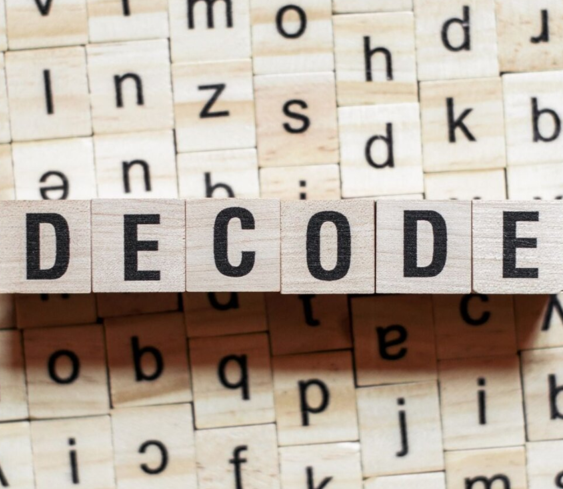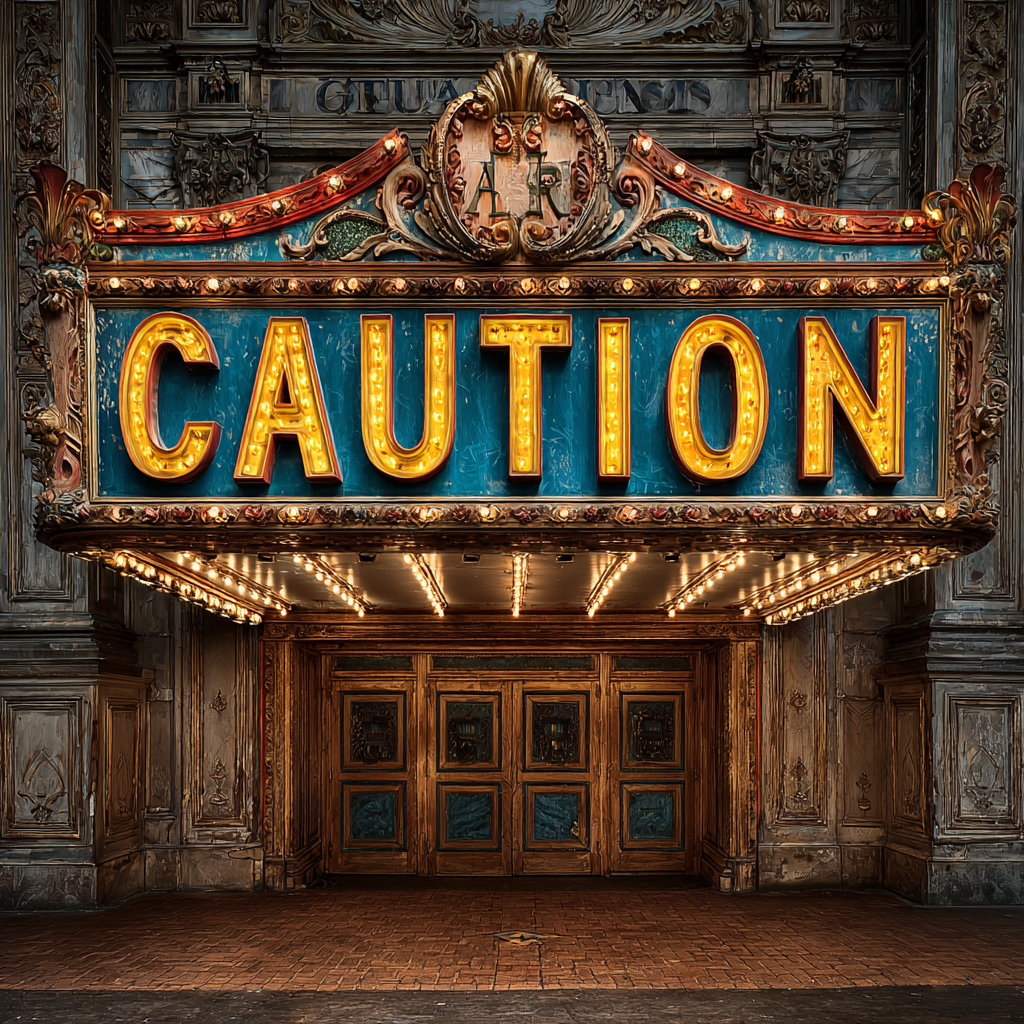When Facebook and Google report lower ad revenue, they position it as a symptom of a significant economic slowdown. Mark Zuckerberg explains his company’s massive layoffs (13% of staff or 11,000 jobs) as the result of: “…the macroeconomic downturn, increased competition, and ads signal loss have caused our revenue to be much lower than I’d expected…”
Similarly, Alphabet CEO Sundar Pichai described the conditions as “uncertain… a moment where you take the time to optimize the company to make sure we are set up for the next decade of growth ahead.”
Yet, as revenue from larger, walled garden platforms sputters, by contrast, we see digital ad spending growing: “Digital will account for 71.8% of US media this year, up 16 percentage points from 2019—and growing. Digital ad spending will reach $248.72 billion in the US this year, up 12.5% over 2021…”
We also see many adtech vendors report solid Q3 results, including The Trade Desk, LiveRamp, and Pubmatic.
How do we reconcile the seemingly contradictory data?
The answer lies in understanding an emerging advertiser strategy that is very pronounced during financially stressful times. Advertisers have heeded history’s lessons and are maintaining or even increasing ad spending as a strong defensive move against economic headwinds. Their strategy to do this lies in solid media diversification with a noticeable shift away from mega, walled garden ad plays towards high-quality/ direct media buys. By diversifying ad buys, advertisers control risk and manage growth more sustainably versus doubling down on a few mega-platforms.
Next time we see soft ad sales in Facebook or Google, don’t be fooled into thinking it’s part of an industry trend. Instead, take it at its face value that advertisers are just not into Facebook or Google as much anymore.





